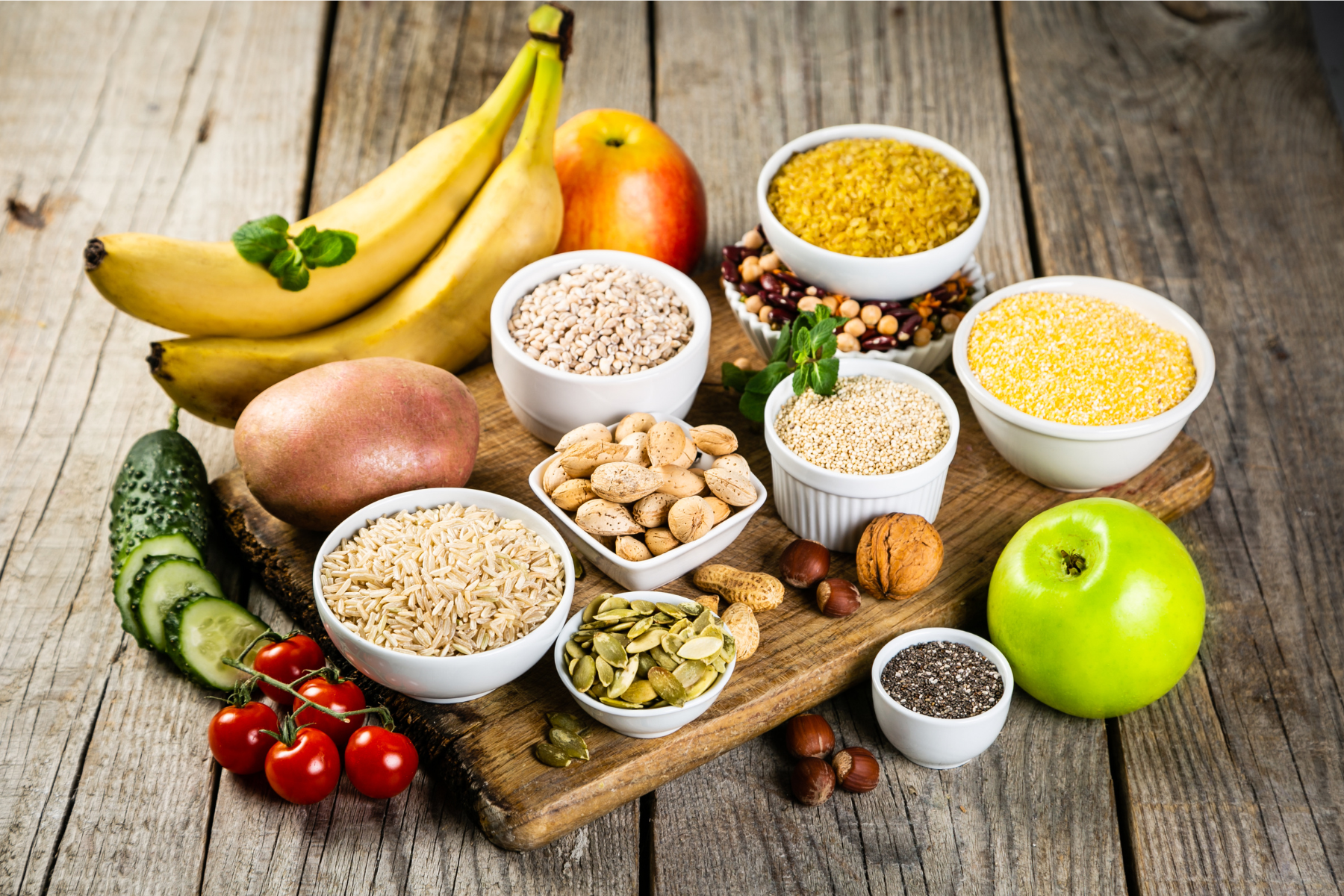Do We Need Carbs? How the Body Makes Glucose Without Sugar
When I was in nutrition school, one lesson came up again and again: carbohydrates were described as the body’s main source of energy. Professors were firm on this point. The idea was drilled into us that without carbs, the body would run out of fuel. Even when they admitted that protein could be turned into glucose, they quickly added, “you don’t want to waste protein making glucose.”
That always stayed with me. It sounded logical at the time, but over the years I began to question it. The science shows something different. While your body does rely on glucose for certain functions, you don’t need to eat sugar or carbs to get it. Your body is fully capable of making all the glucose it requires.
How Much Glucose Does the Body Actually Need?
People are often surprised at how little glucose the body truly requires. Most of your daily energy can come from fat and ketones. Glucose demand is limited to certain cells and tissues:
Red blood cells: need about 20–30 grams of glucose per day.
Parts of the brain: on a low-carb diet, the brain uses ketones for most of its fuel and requires only about 30–40 grams of glucose per day.
Kidney medulla and eye lens: add another 10–20 grams.
All together, this adds up to around 60–90 grams of glucose per day, which is far less than the 250–300 grams many people eat on a standard diet.
For perspective, 1 tablespoon of white sugar is about 12 grams of glucose. So your body only needs the equivalent of 5–7 tablespoons of glucose spread throughout the day. And it makes that on its own, without you ever eating carbs.
Gluconeogenesis: How the Body Makes Glucose Without Carbs
The process of making glucose internally is called gluconeogenesis. It happens mainly in the liver and kidneys and works like a built-in glucose factory. Here’s how it runs:
From protein: Certain amino acids (like alanine and glutamine) are converted into glucose.
From fat: The glycerol backbone from triglycerides can also be turned into glucose.
On demand only: This system never “overproduces.” It makes just enough glucose to meet your body’s needs.
This means your blood sugar stays steady, even if you haven’t eaten carbs in days. Instead of flooding your system with sugar like a high-carb meal does, gluconeogenesis provides a slow, steady trickle of glucose roughly 1 teaspoon at a time in circulation. That teaspoon (about 4 grams) is enough to keep everything running smoothly.
The Role of Ketones
When you eat fewer carbs, your liver shifts into producing ketones from fat. Ketones fuel your brain, muscles, and heart. They also reduce how much glucose you actually need.
Without ketones, the brain would require about 120 grams of glucose per day (10 tablespoons). But when ketones are available, that demand drops to about 30–40 grams (2–3 tablespoons).
This is why people in ketosis feel sharper and more focused. Their brains are running on ketones while using only a small amount of glucose that the body easily produces.
Why We Don’t Need Dietary Sugar or Carbs
This brings us to the bigger picture:
Carbohydrates are non-essential. Unlike protein and fat, your body does not require you to eat them.
Your liver handles glucose production. Whether you eat carbs or not, it keeps your blood sugar in balance.
The amounts required are small. Just a few tablespoons of glucose per day, easily produced by your body.
Eating carbs is a choice, not a requirement. Some people feel fine including small amounts of whole-food carbs. But the idea that you “must” eat bread, rice, or fruit for energy is outdated and misleading.
What Happens When You Stop Eating Carbs
When people cut carbs, the changes are noticeable:
Blood sugar stabilizes. Instead of spikes and crashes, your body holds steady with about a teaspoon of glucose circulating at all times.
Insulin levels drop. This makes it easier to burn fat for energy.
Inflammation often decreases. Many notice less joint pain, fewer digestive issues, and clearer thinking.
Energy feels steady. Fat and ketones provide hours of fuel without hunger crashes.
Doctors like Dr. Eric Westman and Dr. Paul Mason remind us that the body protects its glucose levels even when no carbs are eaten. You are never at risk of “running out” of glucose.
Why This Matters
Understanding this changes how you look at food. If you’ve struggled with cravings, fatigue, or blood sugar swings, it’s important to know that carbs are optional. Your body is designed to produce the small amounts of glucose required while thriving on protein, fat, and ketones.
Instead of fearing that you’ll “waste protein” by making glucose, you can see it as a natural, efficient process built into human biology. The body makes what it needs, no more, no less.
You have the choice to eat in a way that stabilizes your energy, supports your brain, and lowers inflammation. The truth is simple: you don’t need to consume sugar or carbs for survival. Your body already knows how to make its own.
Disclaimer: The content shared here is for informational and educational purposes only and should never be taken as medical advice.
In writing this blog post, my goal is to distill research findings into a clear, approachable format that encourages critical thinking and empowers you to make informed decisions about your health.

